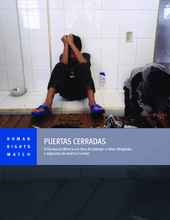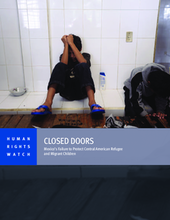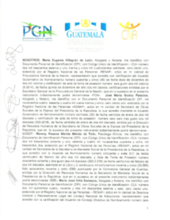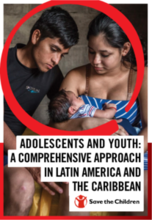This country page features an interactive, icon-based data dashboard providing a national-level overview of the status of children’s care and care reform efforts (a “Country Care Snapshot”), along with a list of resources and organizations in the country.
demographic_data
childrens_living_arrangement
children_living_without_bio
adoption
key_stakeholders
Key Stakeholders
Add New DataOther Relevant Reforms
Add New Datadrivers_of_institutionalisation
Drivers of Institutionaliziation
Add New Datakey_research_and_information
Key Data Sources
Add New DataPrevalence and number of children living in institutional care: global, regional, and country estimates
Reglamento de la Procuraduría de la Niñez y la Adolescencia de la Procuraduría General de la Nación
Revisión del gasto público asociado al cuidado de la niñez y adolescencia en Guatemala (2015 - 2019)
Acknowledgements
Data for this country care snapshot was contributed by a consultant with Maestral International and partners at Changing the Way We Care.
Displaying 111 - 120 of 150
ISS-USA is implementing a training in Guatemala on April 28-29th. This training is part of a project to provide coordinated cross border social services for children and families migrating in the Northern Triangle, Mexico, and the U.S.
Human Rights Watch llevaba a cabo investigación en México y Honduras en 2015 para examinar cómo México está aplicando la ley nacional e internacional en el tratamiento de migrantes centroamericanos, particularmente los niños.
Human Rights Watch conducted research throughout Mexico and Honduras in 2015 to examine how Mexico is applying national and international law in its treatment of Central American migrants, particularly children.
Human Rights Watch (HRW) has issued a new report indicating that Mexican officials are routinely deporting vulnerable children from Central America who immigrate to Mexico to escape violence in their home countries, according to this article from the Guardian.
This investigation into economic migration of Guatemalan parents shows that the timing of migration events in relation to left-behind children’s ages has important, often negative and likely permanent, repercussions on the physical development of their children.
Este documento discute el enfoque integral utilizado por Save the Children para promover la sinergia entre la autonomía personal y el desarrollo económico.
This document discusses the comprehensive approach used by Save the Children to promote synergy between personal autonomy and economic development.
This chapter first traces the etymology of the definition of “orphan” and its attendant “crises.” Then, using examples from Guatemala and Uganda, the authors consider how the idea of an “orphan crisis” has traveled from development to charitable responses and what effects this has on local child protection systems.
This article tells the story of several Guatemalan adoptees and their adoptive parents as they reunite with their birth families in Guatemala.





